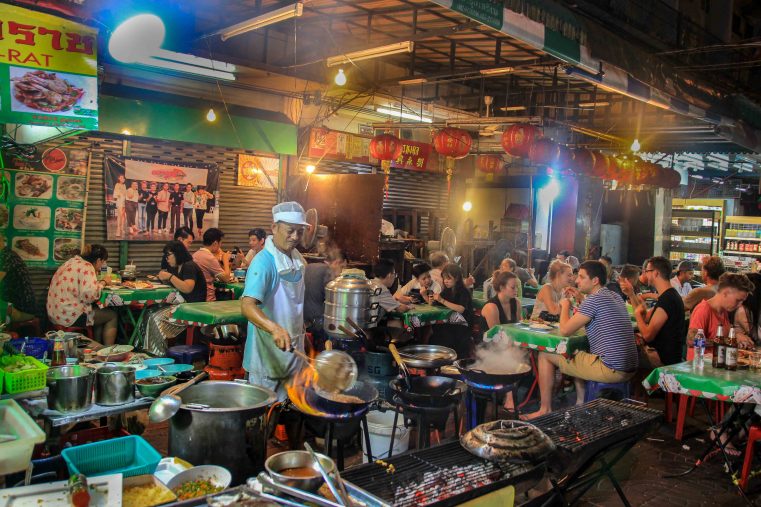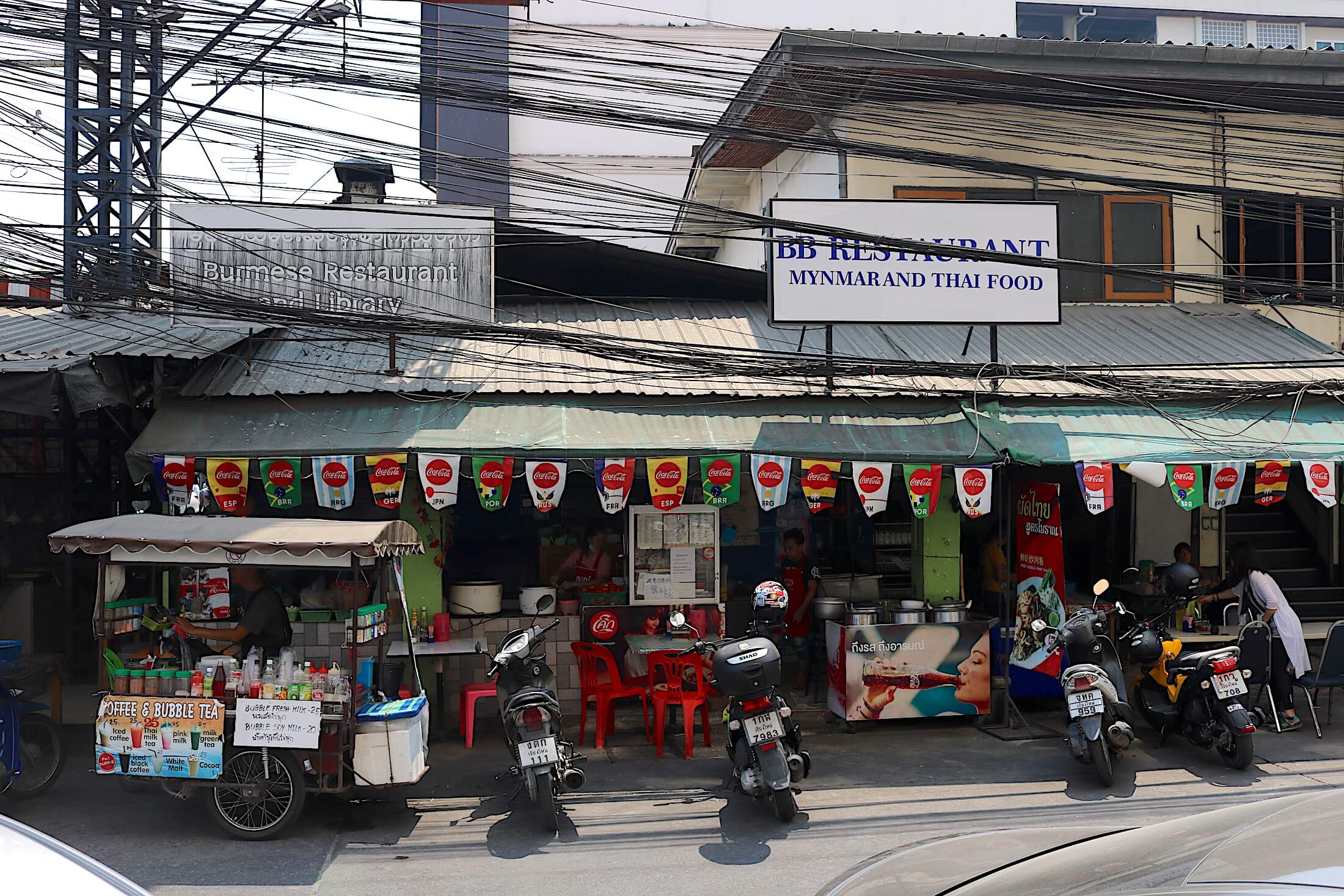CNI News
23 Dec 2022
Most restaurants owned by Myanmar nationals in Mae Sot had to close due to complaints about failure to comply with the law, Myanmar nationals who live in Thailand told the CNI.
A large number of Myanmar restaurants popped up in various parts of Thailand including Mae Sot and Bangkok six months ago, Ko Thar Gyi, an activist for Myanmar workers in Thailand, told the CNI.
He said, "As there were so many Myanmar restaurants in Mae Sot that it looked like a town in Myanmar. Wherever you went in Mae Sot, there were Myanmar restaurants and cafes. Myanmar nationals thought they could open restaurants and hire workers as they had money, pink cards and passports while some police officers guaranteed permits for their businesses. In Thailand, private businesses can be established only in accordance with the law. As Myanmar nationals did not understand the details of the law, there were complaints about them and a large number of Myanmar restaurants were forced to close. Myanmar nationals in Thailand fail to study and abide by the rules and regulations of Thailand and did everything they wanted. They thought they could establish private businesses if they had places. Moreover, they sold beer and famous wines at their restaurants. They needed licenses to do so. As they did not understand the law, they sold beer and wines, which are not available at Thai restaurants."
He added that Myanmar restaurants sold foodstuffs at higher prices than the set ones, local residents were dissatisfied with them and made complaints about them to authorities.

A night market in Thailand.
He said, " Myanmar nationals in Thailand did not know that they could be arrested if they sold food items in their restaurants at higher prices than the set ones. So, Myanmar restaurants sold a can of soft drink, which is available at Baht 15 at 7 Eleven stores, at Baht 20 to 25. So, local residents could make a complaint about them officially to authorities, who would come to them to levy taxes and then check their identities. They checked whether the restaurant had paid taxes, where it bought its food items and it had income and expenditure accounts. The problem was very complicated.
In hiring workers, restaurants are required to employ workers at the posts they are hired for. However, some Myanmar restaurants failed to comply with the requirement and were subject to complaints and investigations.
Moreover, under existing laws in Thailand, employment visa holders in Thailand are not allowed to establish shops and restaurants, Consultant U Aung Kyaw of the Migrant Workers Right Network told the CNI.
He said, "Business visa holders can open shops without any interference by authorities. Those who open shops and restaurants by themselves are subject to arrests and legal actions at any time as they have violated the law. There are restrictions for employment visa holders. They are not allowed to set up businesses at all. So, some employment visa holders were arrested for doing business and deported.
Most Myanmar nationals who opened restaurants in Thailand registered their businesses under the name of Thai nationals but they have faced problems since October.
The activists have urged Myanmar nationals who want to open restaurants in Thailand to study relevant laws, rules and regulations.




